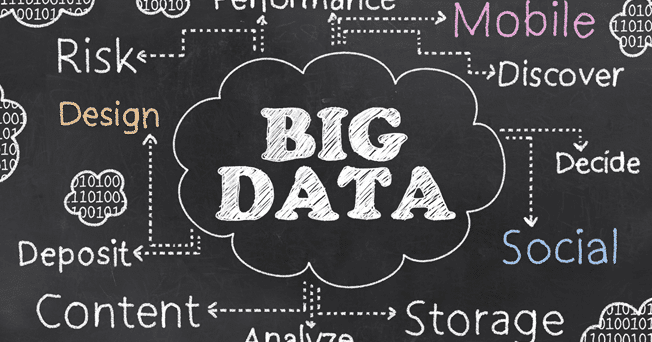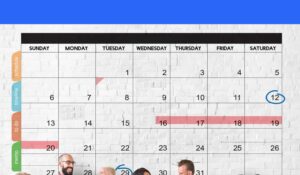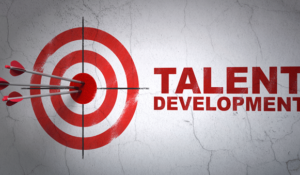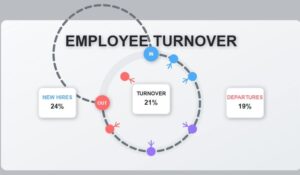Over the last decade, Big Data has become a very popular buzzword, and rightly so. By collecting and analyzing data, companies in different domains have been able to understand their customers and improve their processes. For example, by analyzing data, retailers can know their customers inside out and are able to target them with the right products and incentives. Similarly, IoT in manufacturing helps analyze data from different sensors in the machines and optimize workflow. In healthcare, big data is helping streamline health records and predict patterns in diseases and so on.
Today, Big Data in HR is helping understand and transform workforces in pretty much every segment. Traditionally HR has always collected some data about their employees be it recruiting, performance reviews, vacations, organization feedback, etc. But there has been little analysis of all that data. In most cases even if the data was analyzed, it has been Ad Hoc, leading to wrong perceptions.

Many sophisticated HR platforms are available today that collect data on various aspects of employee populations but HR has not been able to leverage this data to its maximum potential because of several challenges…
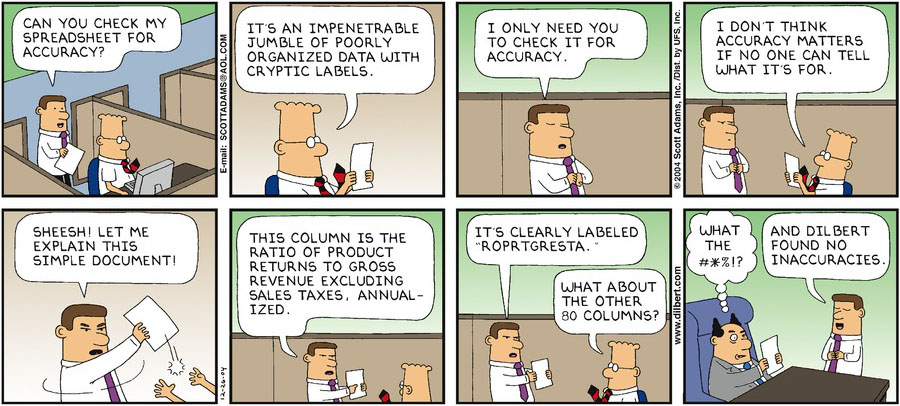
- Multiple platforms: Organizations today have different platforms – a CMS for content delivery, survey platforms, communication platforms, brand advocacy platforms, and so on. While each platform may be the best in its specific functionality, managing all these platforms and tabulating data from these systems needs many resources.
- Cleaning and organizing data: In most HR platforms, you need to have analysts or associates who can clean and organize the data, to make sense of it. With multiple platforms, this problem only gets aggravated.
- Understanding the data: Big Data in HR is actually a lot of data. Even after cleaning up and organizing this data, you need to understand it to get meaningful answers to your questions. HR professionals are typically not data scientists–and are not expected to be. Presenting big data in HR with context, simple, and easy to understand graphics can result in managers and employees understanding patterns easily and addressing them quickly. See how HubEngage can present employee metrics in a way that’s easy for HR to understand.
By addressing the above challenges, Big Data can actually help HR in several ways:
- Deep insights about the organization and its people: If you can slice and dice Big Data properly, HR can gain deep insights into the state of the organization, which groups have employees that are highly engaged and how knowledgeable they are in your company’s vision, mission, policies, and products. By analyzing trends, HR will be able to predict the direction of the organization and make tweaks sooner to address issues. An insightful Mckinsey article actually reveals how big data people analytics shows that HR has been getting it wrong.
- Increasing employee productivity: By providing employees with information and tools at their fingertips driven by incentives, HR can improve employee productivity drastically. Increased productivity, leads to higher employee satisfaction levels, which further leads to loyalty and retention.
- Identifying brand advocates and increasing retention: Analysis of data can help HR identify brand advocates in the company. By identifying trends of lower employee engagement in certain groups using predictive analytics, HR can intervene to address their problems right away thus increasing retention. Lastly, rewarding brand advocates can create a highly effective marketing channel through employees. A better brand and positive employee feedback help in new talent acquisition as well.
In order to achieve these HR should deploy the right employee engagement software platform that can not only collect but analyze Big Data in HR in the most effective way.
Frequently Asked Questions (FAQs):
Does big data really matter in HR?
Yes, because by analyzing the information collected, companies and their respective HR departments can make better business decisions that can make an impact of performance and the bottom line.
How can I make sense of all the data in HRIS systems?
By using platforms with smart analytics, automated measurement of content and inputs into the system, key markers can identify trends and areas of improvement fast.
Are there tools that can help me with analyzing big data in my HR systems?
Yes, there are. Tools like HubEngage take many data inputs from employee communications and help companies make better content and programming decisions, everyday.

